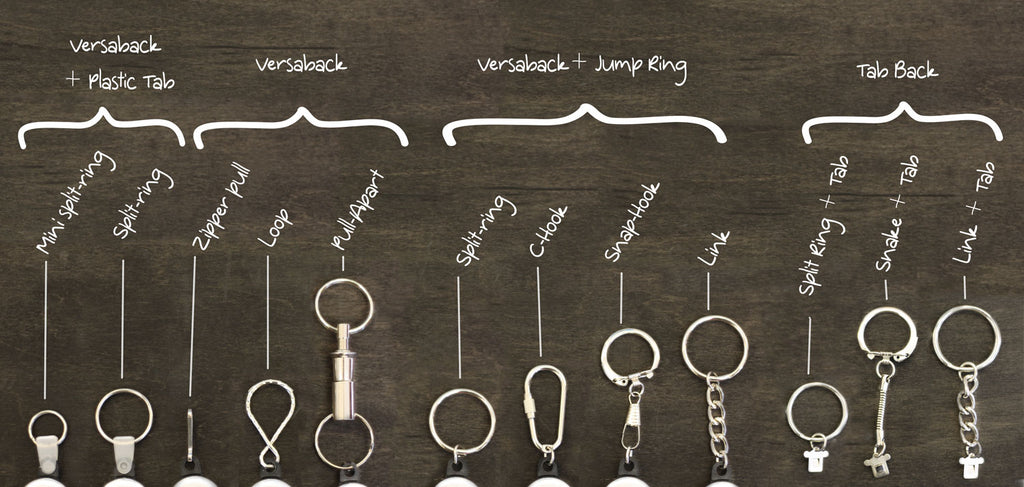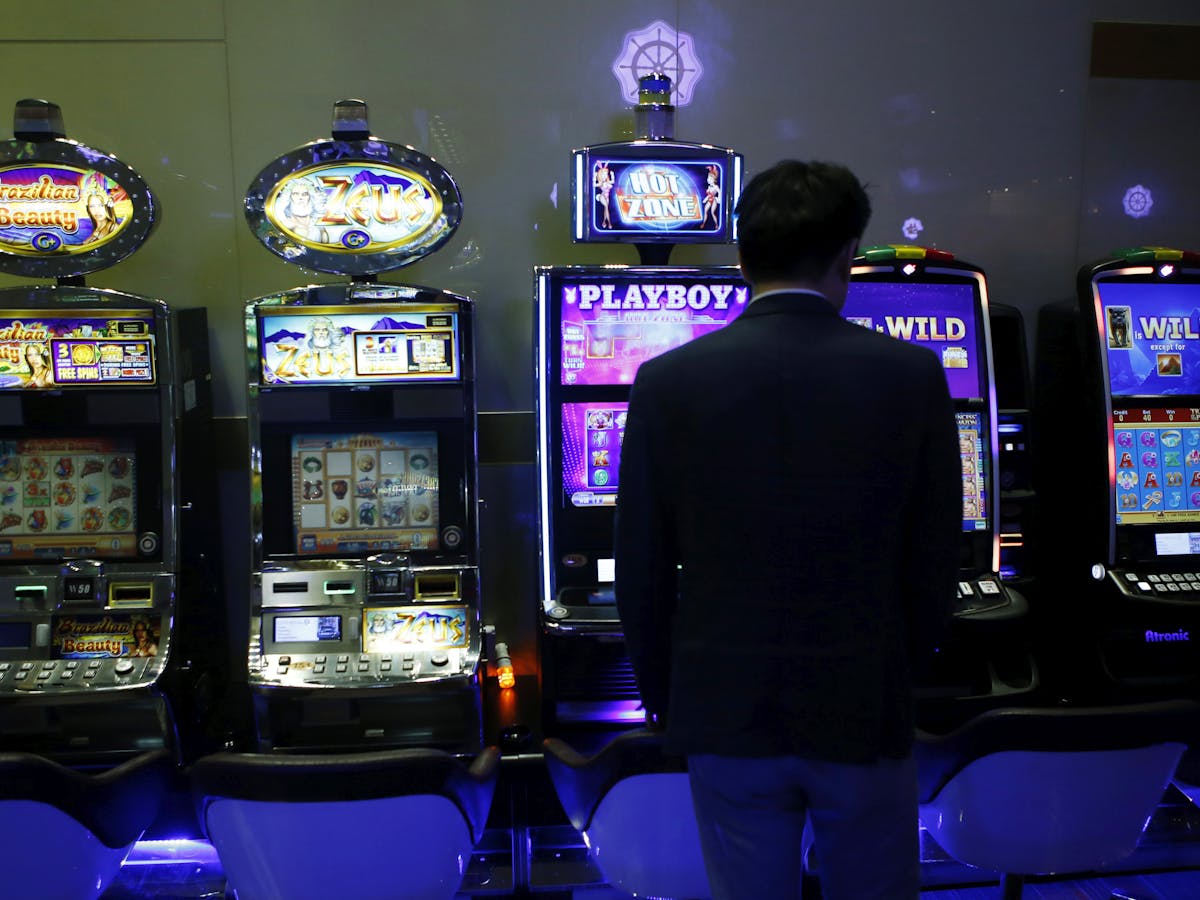How To Do Slot Machines Work
I don’t often recommend playing slot machines to new casino gamblers, but I’m also aware that some people are going to gamble on the one-armed bandits regardless of my suggestions.
And that’s okay.
Slot machine video from casino expert Steve Bourie that teaches you the insider secrets to winning at slot machines and how a slot machine really works.
- Introduction to How Slot Machines Work. In these series of posts, I continue to answer the most common questions about slot machines asked via Google searches. This post explains the simple question of how slot machines work. In this post, I will discuss the operational components of a slot machine from the point-of-view of a slots player.
- How To Play Slot Machines. To know how do classic casino slots work you should know it is pretty easy to get the hang of and the basic way they work is to insert a coin or coins, spin the machine, and see if you win a prize. There are 3 reels that spin and in order to win you must get 3 identical symbols that line up in the middle.
But if you ARE going to play slot machines, at least understand what you’re getting into.
If you’re a beginner, you should understand the answers to these seven important slot machine questions:
1 – How Do Slot Machines Actually Work?
Slot machines used to be mechanical games powered by levers, springs, and spinning reels.
How Do Slot Machines Work Reddit
Modern slot machines retain the lever and the spinning reels, but they’re both just for show, mostly.
Today’s real money slots use computer-generated random results and display the reels on the symbols just for show.
You probably want more details than that, though, right? You’re probably even hoping for some math.
Here you go:
Random Number Generators
Each symbol on the virtual slot machine reels are programmed to come up a specific percentage of the time. This percentage is the weighting for that symbol. If you have 10 symbols, some of them might be programmed to come up 1/5 of the time, while others might be programmed to only come up 1/20 of the time. The rest might be programmed to come up 1/10 of the time.
The computer program generating these results is called a random number generator (RNG). Such a program is constantly cycling through numbers – thousands of numbers per second. Each of those numbers corresponds to the probability of a symbol coming up.
When you pull the lever or hit the spin button on a slot machine, the computer program instantaneously stops on whatever number it was thinking of in that instant.
In fact, the slot machine game knows the outcome before the reels even stop spinning.
This is close enough to random for anyone except the most bizarre theoretical purist.
Also, each spin of the reels is an independent random event. This means that the combinations don’t cycle through on any kind of predictable basis. (Remember, the computer is running through thousands of numbers per second.)
The payouts for the various symbol combinations all have one thing in common:
They pay out at a much lower rate than the odds of getting that combination would warrant.
The total payouts for the machine are always lower than even when compared to what would happen if you hit every possible combination in some theoretically perfect set of slot machine spins.
Examples of Payback Percentages
You might have a combination of three cherries that pays out at 1 for 1 odds – this means you basically have a push situation. You win back what you spent when you made the spin, but you don’t make any profit.
If that combination came up 100% of the time, you’d be playing a game where you’d break even forever. You couldn’t win or lose.
But a more common probability of hitting that combination might be 20%.
And if you’re winning 1 unit 20% of the time, you’re looking at a 20% return for that combination.
If that were the only winning combination in the game, the game would have a total payback percentage of 20%. The house edge would be 80%.
That’s because they have more winning combinations than that, and in varying amounts.
For example, you might have a 2nd combination of symbols –three plums maybe—that pay off at 2 for 1 odds. The probability of getting that combination might be 10%, which would add 20% more to the payback percentage for the game, giving it a 40% payback percentage total.
To get the payback percentage, you multiply the amount you’d win by the probability of winning. Then you add every possible combination to get an overall percentage.
And that’s how modern slot machine math works.
2 – Are Slot Machines Rigged?
Does this mean slot machines are rigged?
Only in a vague sense.
Most people who think slot machines are rigged think that the casino controls when a slot machine pays out so that they can accomplish something nefarious.
For example, they think that a slot machine that just paid out won’t pay out again for a while so that the game can “catch up” to its expected payback percentage.
Sorry, that’s just not how the games work.
The casinos don’t need to cheat, slots are just a lousy bet.
In some casinos, the payback percentage for a slot machine might be as low as 75% or less. A lot of the slots at the airport in Vegas have such low payback percentages.
If you’re playing in a local bar in a state where slot machines are illegal, you can probably expect the payback percentage to be over lower. I don’t have any official numbers, but the 8-liners that skirt the law in Texas probably have a payback percentage no greater than 60%.
At legit casinos, though, you’re looking at payback percentages between 75% and 95%.
3 – How Do You Trick a Slot Machine?
You probably think I’m going to be like most gambling bloggers and say that it’s impossible to trick a slot machine.
That’s not true, though – you can trick a slot machine.
Just ask Tommy Glenn Carmichael. I’m sure he’ll be happy to explain multiple ways he’s tricked slot machines over the years. He’s one of the most legendary casino cheaters in the world.
He’s far from the average gambler – for the average gambler, trying to trick a slot machine is an exercise in futility and silliness.
One tool that Tommy used to trick slot machines into paying out was called the Monkey’s Paw. It was a wire device he stuck in the payout chute to press the switch that triggered a payout. Such a device would be obsolete today, but it’s just an example.
Don’t even try to cheat at slot machines, though – you’ll spend time in prison if you get caught.
And you might not get caught your first time, but you won’t be able to stop once you start, so you’ll have to keep avoiding detection.
It’s a lousy bet. You won’t get to keep the money, and you’ll spend time in prison.
That’s not a fair trade at all.
4 – Are There Secrets to Winning on Slot Machines?
No, there are no secrets to winning on slot machines.
I went to a casino in Oklahoma with a lady friend of mine once. She told me her “secret strategy” for winning on slot machines. She said that she always plays the exact same machine.
She thought that would improve her odds eventually of hitting.
It’s like the guy who sells the “winning the lottery” system who claims he’s won the lottery seven times. His big secret?
Buy lots of lottery tickets.
He reveals how much money he’s won, but he never reveals how much he spent on the lottery tickets to win that amount.
I’d be willing to get my pickup truck that he’s operating at a serious loss.

So, no – the only secret to winning at slot machines is to keep spinning the reels.
5 – How Do Progressive Slots Work?
Progressive slots are the slot machine games with the jackpot tickers on top that show an ever-increasing jackpot.
How can such games afford such large jackpots?
If the jackpots get large enough, won’t the games eventually become a profitable proposition for the slot machine player?
First question answered first – such games can afford such large jackpots because they take a tiny percentage from each spin to fuel that jackpot. It might be as low as 0.5% or 1%, but it counts against the payback percentage from the game.
Second question answered – yes, if the jackpot gets big enough, the game becomes a positive expectation bet.
But that’s not a practical reason to play it. If the odds are 1 in 10 million of hitting the progressive jackpot, you’ll have to play for 20,000 hours to hit that jackpot (on average).
That’s the equivalent of working a full-time job for 10 years straight. By that time, someone else will have hit the jackpot, and it will have gone back to its original value – which is NOT a positive expectation bet.

Also, it’s impossible for you to know when the jackpot has gotten high enough because you don’t know what the probability of hitting the various jackpots and other prizes on the game are.
Slot machines are essentially opaque – you don’t know what probabilities the symbol combinations have programmed to them.
6 – How Do You Find Loose Slot Machines?
Ignore all the well-intentioned advice on the internet about how slot machine managers place the loosest machines in specific locations in the casinos to try to lure gamblers to play the slots. This advice is universally lousy.
The best thing you can do is follow some practical guidelines about how to choose slot machines that probably have a better payback percentage than others.
For example, avoiding progressive slots and playing games with a flat top prize is a good idea.
Playing games which have no special bonus features is also a good idea.
The more bells and whistles a slot machine game has, the worse the payback percentage tends to be.
But forget all about the idea that some slot machines are loose or tight for various conditions and reasons.

That’s just not how it works.
7 – Are Casino Slots Intelligent?
This question stems from the idea that a slot machine somehow knows what its payback percentage is supposed to be, and then, when it pays out a big jackpot, it adjusts by “tightening up” until it catches up to that theoretical percentage.
Every spin of the reels is independent of the spin before it. If the probability of hitting the top jackpot on the machine is 1 in 4000, it’s 1 in 4000 on every spin regardless of what happened on the previous spin.
How Do Penny Slot Machines Work
If you hit a jackpot, then spin the reels again, the probability of hitting the jackpot again is still 1 in 4000.
Conclusion
Slot Machine Words
Slot machines, generally, are a lousy bet. There’s no skill element, and you really have no way of knowing how good or bad one slot machine is compared to the next one.
In fact, you can have two identical slot machines sitting adjacent to each other, and they might have entirely different payback percentages based on their programming.
Slot Machine Work
But, if you’re going to play slots, at least you’re now educated on how they work and you have the answers to the most important slot machine questions.